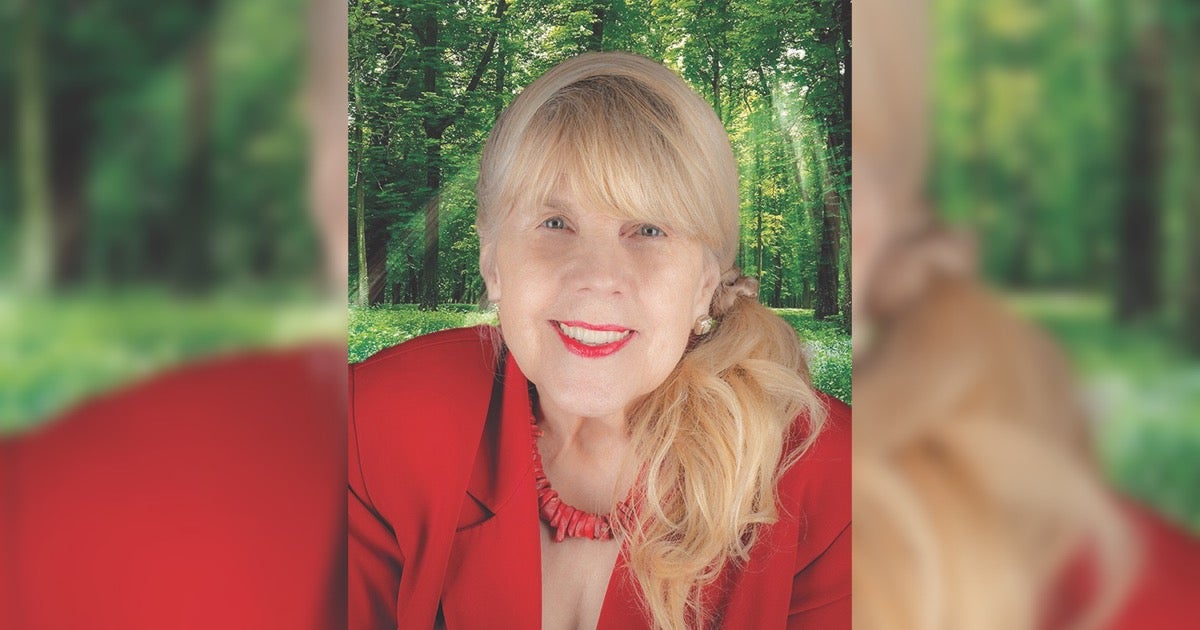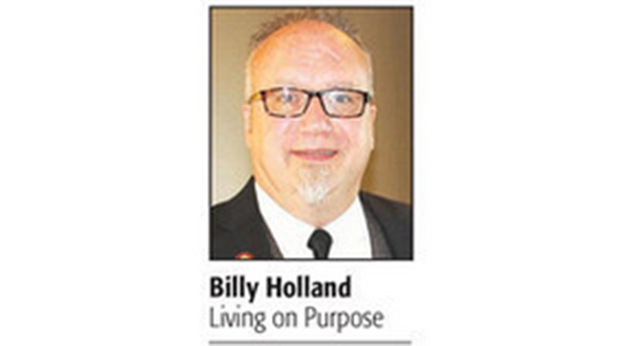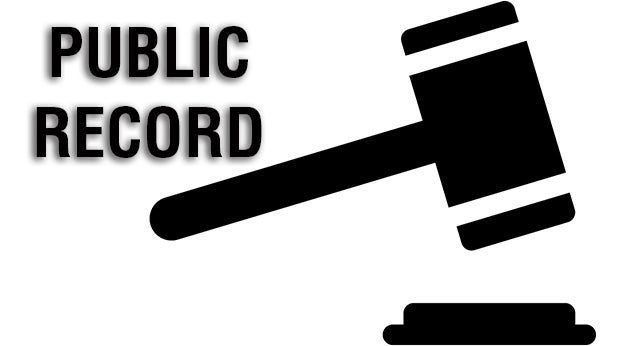BLEVINS: Is the National Guard still important to our great nation? Yes!
Published 2:40 pm Thursday, September 17, 2020

- Vivian Blevins
|
Getting your Trinity Audio player ready...
|
By Vivian Blevins
Contributing columnist
There’s an uproar in our country concerning the roles of those charged with safeguarding American lives and property. What groups should be involved? Are all under the command of the President of the U.S.? If so, under what circumstances? Is coordination with governors and mayors nice to have or absolutely essential?
Back in the day before the draft was eliminated in 1973, Paul Gutmann, 88, was an able-bodied man, required to serve, so he opted to join the Ohio Army National Guard and served from 1957 until 1963 with the Artillery Unit in Piqua, Ohio.
Six months of basic training found him at Fort Knox, Kentucky, where he found it as he says, “all new with no idea of what it was but easy for me.
“My father was a small game hunter, so I knew about firearms.” With prodding from me, he acknowledged that he was ranked Expert with the U.S. Carbine and Qualified Expert with the U.S. Rifle.
The physical fitness challenges of basic were also easy for him, and he maintains that he was “very fit” and had played varsity football, basketball, and baseball on scholarship at Saint Vincent College in Latrobe, Pennsylvania, where he earned his Bachelor of Arts in 1954.
Unlike many in basic training, he had no complaints about the food which undoubtedly has something to do with the scarcity of fast food in America during that time.
As a 1957 graduate with a Doctorate of Jurisprudence from The Ohio State University College of Law, Gutmann was called up while serving in the Ohio National Guard to train persons for a three-month period in the early sixties at Fort Meade in Maryland in the legal department of the Judge Advocate General Corps where he found his student “bright, willing, and patriotic. They knew there were jobs to be done to investigate and prepare cases, and they were willing to acquire the knowledge and skills to do them.” With a chuckle, Gutmann reports, “As a staff sergeant, I also enjoyed teaching the men how to march, ‘Hut, two, three, four.’”
The law office for which Gutmann worked in Piqua housed Congressman William Moore McCulloch, (served from 1947-1973),a U.S. Army veteran who understood the importance of Gutmann’s weekly Tuesday-night training with the National Guard and his summer duties as well at Camp Grayling, Michigan.
A memorable part of working in McCulloch’s law office was during the Civil Rights Movement of the sixties. Gutman indicates, “This was a very divisive time in American history, and Bill McCulloch stepped right in and did what was necessary to insure the passage of the Civil Rights Act of 1964 and the Voting Rights Act of 1965, getting the Republicans to go along with that.” President John F. Kennedy is alleged to have said of McCulloch, “Without him, it can’t be done.”
As a member of the National Guard, Gutmann and the men with whom he served knew that they could be called up for active duty at any time. He refers to the leaders of his unit, Captain John Williamson and Captain Richard Pearson, as “outstanding leaders, patriotic, serious, prepared.”
In October of 1962, a tense 13-day period put Gutmann’s Nation Guard unit on alert for possible deployment. Known as the Cuban Missile Crisis, it was begun because Nikita Khruschev and Fidel Castro had agreed to have ballistic missile facilities in Cuba. Moreover, their presence was confirmed by a U.S. U-2 spy plane.
At the time Paul and Rosemary had three young sons, Mike, Ted, and Dave and a two-month-old daughter, Anne. Gutmann, says, “We didn’t know what was going to happen. Fortunately, the Soviet Union and the Cubans gave up, and the crisis ended.”
Of the current issues with keeping the peace, Gutmann says, “The National Guard is appropriate, familiar with the problems, and willing to help- necessary and useful. Some out there today are way out of line with setting fires, looting, and engaging in violent behavior Those persons are not protestors. The men with whom I served would have been just right to handle these problems.”
As Gutmann reflects on his service, he exudes pride and enthusiasm. On behalf of a grateful nation, thank you, Dr. Paul Gutmann.




